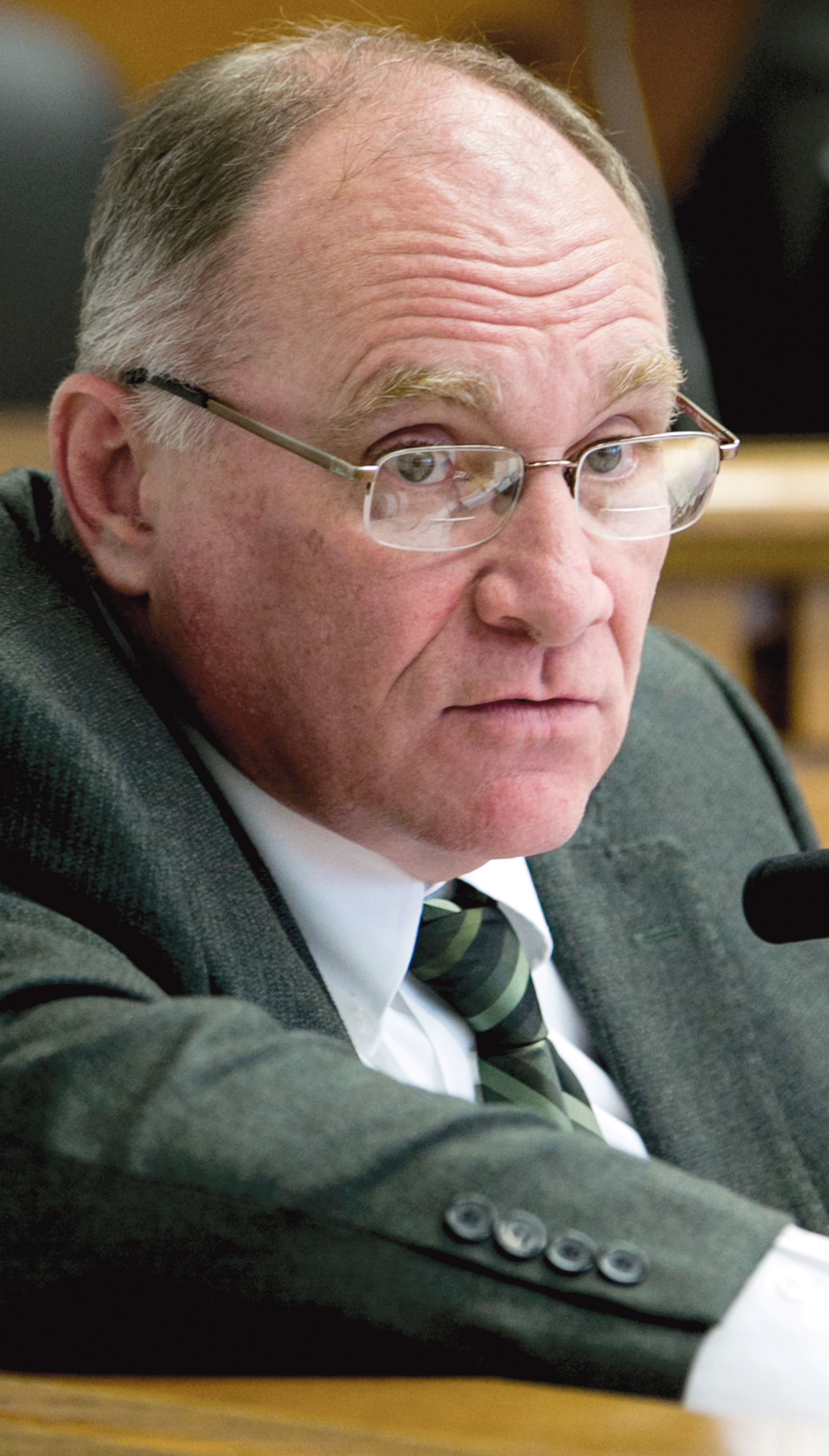OLYMPIA — The Legislature’s minorities rule — by compromising majority rule.
After majority legislative leaders couldn’t reach agreement on how much money Washington state would raise — and spend — for the next two years, minority politicians took up the task late last week.
According to state Sen. Jim Hargrove, Hoquiam Democrat, they succeeded Friday afternoon, then began hard-knuckled negotiations.
Hargrove and state Reps. Steve Tharinger and Kevin Van De Wege, both of Sequim, represent the 24th District that includes all of Clallam and Jefferson counties and most of Grays Harbor County.
The Legislature had been stalemated between House Democrats’ insistence on raising revenues and Senate Republicans’ promise of imposing no new taxes.
Lawmakers went into one overtime session at the end of April and another after Memorial Day.
If they don’t break the impasse by July 1, state government may shut down.
“So, the governor requested that the two minorities [Senate Democrats and House Republicans] go off and try to set the size of the box, of the budget,” Hargrove said.
Despite being a minority member, he still carries considerable clout after serving in the Senate since 1993 following three consecutive terms in the state House. He participated in the process.
The opposing sides agreed to meet in the middle of the $640 million gap between the Senate and House operating budgets, Hargrove said.
Senators cut tax exemptions to ante up another $320 million, and Democrats cut their spending by an equal amount.
Whereas the respective majority leaders of both chambers hadn’t done much but “trade paper,” as Hargrove put it, over the last two weeks, the minority negotiators cut all the “strings” that had been tied to both budget proposals.
The Senate’s dropping new tax exemptions, he said, “put a whole lot more money on the table from their perspective.”
But will it be enough to fully fund the budget?
“I doubt it,” Hargrove said.
“Nothing has been specifically dropped; nothing has been specifically added,” he said.
Still on the table is Hargrove’s own proposal for a one-tenth of 1 percent increase in the capital gains tax he said would fall on 7,500 state taxpayers and Tharinger’s modifications of the Business and Occupation Tax to increase revenue while easing the impact on start-up businesses.
“There are some hard decisions to make,” Hargrove said.
“At least they’re in the room talking.”
Hargrove said legislators might reach a tentative agreement by the end of this week.
On the other side of the Capitol, however, Tharinger said it would probably take lawmakers the rest of the month to hammer out the legal boilerplate and rivet together the details.
“I think what they’ve done is to define the size of the box,” Tharinger said, referring to the amount of the biennial outlay of around $38.2 billion.
“What happens inside that box, I think, is subject to a fair amount of discussion. There’s a lot of work left,” he said.
“It takes a few days to do the paperwork and hold the hearing and write the bills.
“I think we’re still looking at the third or fourth week of June” for the Legislature to declare sine die, meaning to adjourn the session.
Meanwhile, neither Hargrove nor Tharinger would speculate on whether the Legislature would meet the state Supreme Court’s mandate to replace local levies with state funding as the mainstay of public education.
That order, called the McCleary decision, says the Legislature must reform school funding by 2018 and show progress toward that goal or face sanctions for contempt of court.
What penalties the court — one branch of state government — might impose on the Legislature — an independent branch — remains unknown.
_______
Reporter James Casey can be reached at 360-452-2345, ext. 5074, or at jcasey@peninsuladailynews.com.

